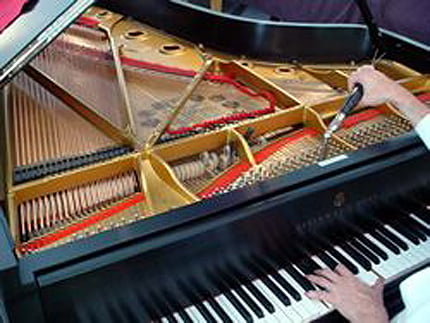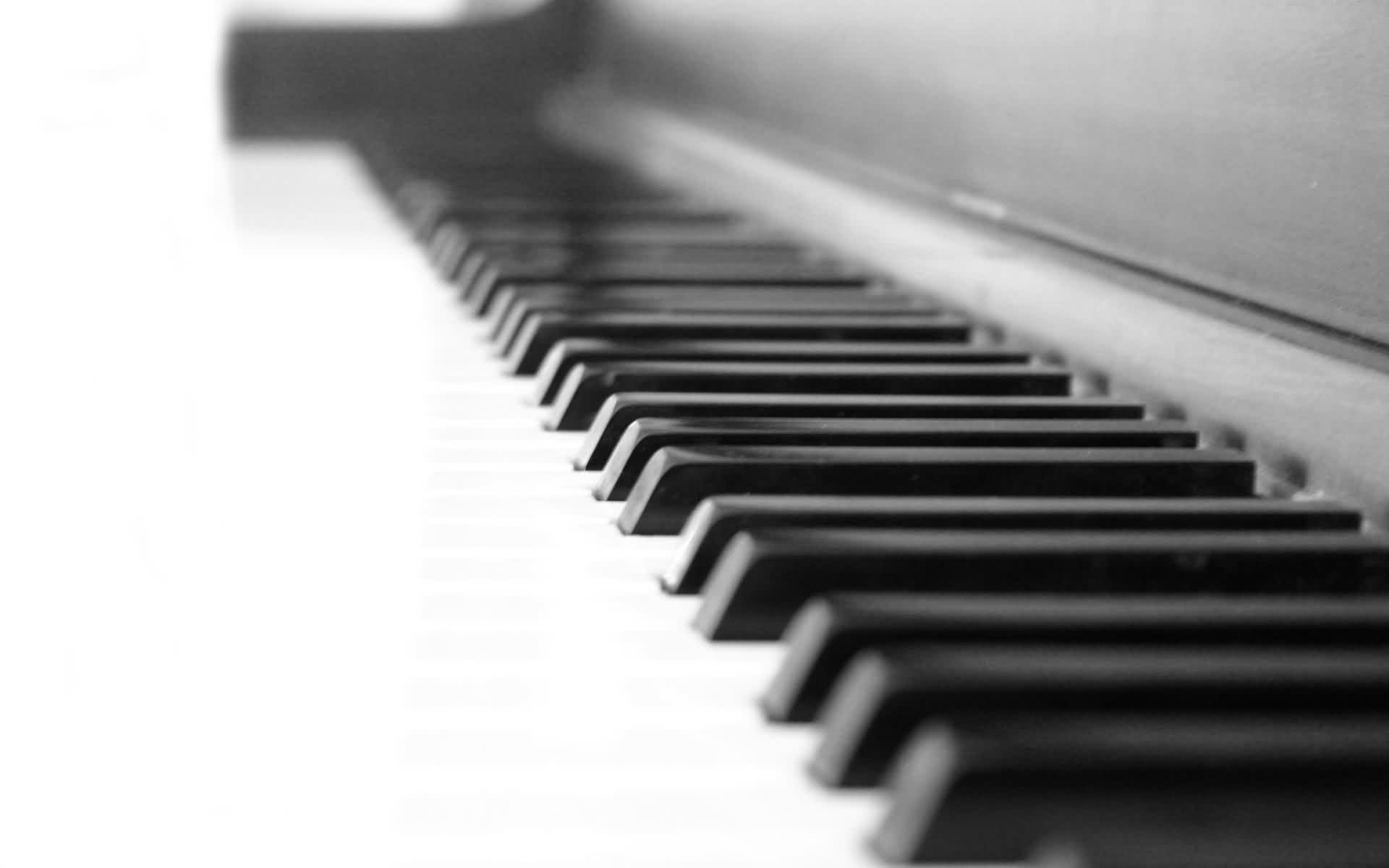 I get asked a lot of questions, as you might expect, about the language of the piano industry. Is a vertical piano the same as an upright? What credentials should I look for in a piano teacher? Like any industry, we have our jargon that is sometimes difficult for people outside of the piano business to understand.
I get asked a lot of questions, as you might expect, about the language of the piano industry. Is a vertical piano the same as an upright? What credentials should I look for in a piano teacher? Like any industry, we have our jargon that is sometimes difficult for people outside of the piano business to understand.
One question I hear a lot has to do with the difference between piano tuners and piano technicians. Many clients mistakenly assume a tuner and a technician are interchangeable terms. And while a vertical piano is, in fact, the same as an upright piano, a piano tuner and a piano technician could not be more different. Let’s explore why.
Why Tune?
First, we should talk about why you need to regularly tune your piano. Pianos are made from natural materials — wood, metal, cloth. These natural materials are subject to change and fluctuation from environmental factors, the massive amounts of tension in a piano, and the simple slow march of time. To make a piano sound its best, it requires regular tuning and adjustments. We suggest having your piano tuned twice a year: once during the spring or summer and again in the winter or fall since cold and heat affect pianos differently.
However, tuning the strings is just one aspect of piano maintenance. Think of it like a regular check up on your car. With each oil change, your mechanic will inspect different parts of your car like your transmission fluid, power steering fluid or front and rear differentials. Depending on the mileage of your car, your mechanic might suggest specific adjustments or procedures such as changing brake pads or air filters.
Now, I know a piano is not a car but the metaphor works since like cars, pianos also need routine maintenance and repair on the many working parts inside. So what does this all have to do with a piano tuner and technician?
Tuners vs. Technicians
The field of piano tuning is unregulated. This means anyone who wants to can call themselves a piano tuner and start a business. That would be like my neighbor opening his garage door and calling himself a mechanic. I’m not so sure I’m ready to trust my car to him. And yet, I talk with so many people who open up the yellow pages to piano tuner and blindly choose anyone to work on their prized instrument.
The Piano Technicians Guild started to bring a regulating force to the piano tuning industry. Participation in the guild is optional but the technicians who seek certification through the guild are who I trust to work on my pianos.
Registered Piano Technicians must pass a series of written and practical exams to prove their mastery of piano design, tuning theory, repair techniques and other topics related to piano technology. These rigorous tests prepare technicians to provide a full range of services to their clients.
Pianos are complicated and delicate instruments and you invested a great deal into your piano. Protect your investment by knowing the difference between a piano tuner and a piano technician. Choose a Registered Piano Technician to care and maintain your instrument.



